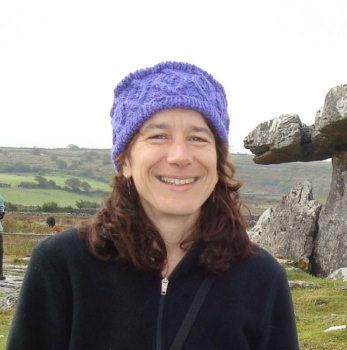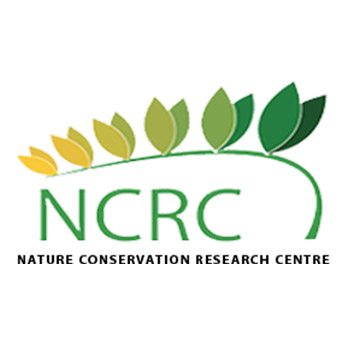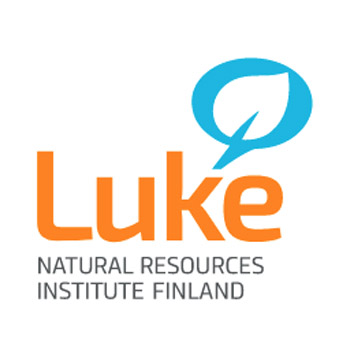Institutional innovations for nature recoveryCase study
A power-sensitive and multi-level analysis of institutions involved in pursuing landscape scale nature recovery and their intersection with questions of equity and justice in the UK and Ghana.
Institutions refers to the formal and informal rules and norms that enable and constrain action in particular contexts. We adopt a critical perspective towards the analysis of institutions to historicise and explain the impact of existing institutional arrangements, such as those associated with land ownership, and to examine the impact of emerging institutions designed to deliver nature recovery. Growing recognition of the need to develop co-ordinated strategies involving diverse actors, sectors and policy goals has amplified interest in ‘landscape approaches’ to governing land-use. This project engages with these efforts across a range of sites in Ghana.
In Ghana, the project will analyse emerging institutions being used by stakeholders to implement landscape governance approaches to climate-smart cocoa (CSC) production and addressing deforestation in Ghana. It will examine power dynamics among various actors involved in designing and implementing novel multi-level institutions to influence land-use planning and actions in cocoa-growing landscapes. Research methods will include the review of existing policies and guidelines for building multi-tier institutions in Ghana’s cocoa-forest landscapes, complemented by in-depth ethnographic fieldwork, interviews, and focus groups with state and non-state actors, including in cocoa growing communities.
In the UK, we will examine similar efforts to institute landscape scale governance arrangements that are being deployed, for example, through new agricultural subsidy schemes in England and Scotland and strategies such as the development of Local Nature Recovery Strategies (LNRS) in England and Regional Land Use Partnerships in Scotland. These efforts are underpinned by a number of institutions, including farmer clusters and Local Nature Partnerships. The analysis will employ a range of qualitative, quantitative and participatory methods to explore the evolution of these institutions and how they shape the dynamics of conflict, collaboration and co-operation which ultimately underpin the pursuit of equitable nature recovery.
Background/rationale
Cocoa is Ghana’s most important export agro-commodity, accounting for about 80% of the country’s agriculture export earnings. The cocoa sector contributes to the livelihoods of about six million people, including 620,000 smallholders who cultivate cocoa. Against the positive economic contributions, cocoa production is known to drive deforestation, with cocoa farmers known to expand into forest areas as a coping strategy to overcome multiple shocks, including low productivity, pest and diseases, climate change, and policy lacunae that disincentivise cocoa farmers from keeping naturally regenerated trees on their farms. Deforestation also threatens the country’s cocoa production by eroding the humid microclimate and shade required for effective cocoa production. As cocoa is a shade tolerant crop, operationalising nature recovery in cocoa, e.g., via integrating compatible tree species in cocoa, holds enormous potential for climate mitigation.
Efforts to harness this potential and improve productivity in cocoa led the country to develop the Ghana Cocoa-Forest REDD+ programme (GCFRP). The programme is anchored in using landscape approaches to leverage finance from development cooperation and cocoa-buying companies for land-use planning and investment in climate-smart cocoa. Although the GCFRP involves actors with diverse interests, resources, and power in building multi-tier institutions, how these shape local communities’ involvement and ability to secure equitable outcomes from these developments is an open question. This project will engage local communities, government officials, NGOs and companies to unravel the power relations, and lay a benchmark for building more inclusive institutions that address cocoa farmers’ needs and improve their contributions to nature recovery in cocoa.
In the UK, the governments have made a number of commitments to nature recovery, climate and the environment. There are number of crucial policy and legislative agendas that reflect these commitments. In England, for example, the 2021 Environment Act includes a flagship policy to implement Local Nature Recovery Strategies (LNRS) – landscape scale initiatives design to feed into broader Nature Recovery Networks. Local authorities are responsible for delivering strategies and often do so through the generation of Local Nature Partnerships – a collective of governmental, private and civil society organisations – created with intention of developing strategic and co-ordinated approaches to managing the environment that integrates goals related to nature, people and the economy. As LNRS grow in prominence and other schemes such as the Landscape Recovery component of ELMS are scaled-up, it will be important to generate insights into the ways existing and new institutions interact to precipitate changes to land-use decision-making. Similar initiatives are being developed in Scotland, including work on Regional Land Use Partnerships, a new Biodiversity Strategy, and a new Agriculture.
Please see a related project: Social ecological mapping for nature recovery.
Project outputs
- Society
- Remote sensing
- Scale and Technology
- Awards
Kumeh, Eric Mensah. (2023). How agroecology can help build dynamic cocoa agroforests in Ghana.. Agroforestry at work .
This article describes the transformative potential of agroecology as a beacon of hope for reestablishing balance in Ghana’s cocoa-forest mosaic landscapes. Agroecology — rooted in the principles of ecological harmony and sustainable agriculture — offers a way to revive and restore biodiversity, empower farmers and ensure a resilient and thriving future for cocoa farms.








